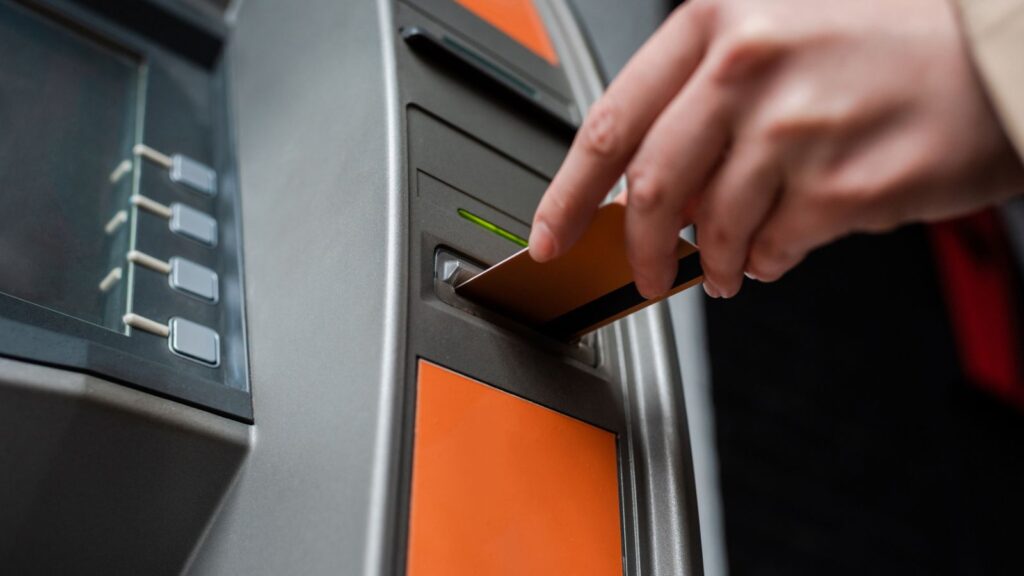17 Everyday Habits That Are Secretly Draining Your Wallet
Most of us don’t realize how much money we’re wasting on a daily basis through simple, avoidable habits.
From mindless subscriptions to inefficient energy use, these overlooked expenditures can add up quickly, draining your wallet without you even noticing.
The good news is that with a few small adjustments, you can stop throwing money down the drain and start saving more for what truly matters.
Here are 17 ridiculous ways you might be wasting money and practical tips on how to stop these unnecessary expenses.
1. Paying for Unused Subscriptions

Many people sign up for subscriptions—streaming services, magazines, apps—that they rarely use. These small monthly fees can add up to a significant amount over a year. Make it a habit to review your subscriptions regularly and cancel any you’re not actively using to save money.
2. Buying Bottled Water

Spending money on bottled water is one of the most avoidable expenses. Not only is it bad for the environment, but it also costs significantly more than tap water. Invest in a good water filter and reusable bottle to reduce costs and minimize waste.
3. Ignoring Small Bank Fees

ATM fees, overdraft fees, and monthly maintenance fees can sneak up on you and drain your account. Opt for banks that offer fee-free accounts, avoid out-of-network ATMs, and monitor your balance to prevent unnecessary charges.
4. Wasting Electricity

Leaving lights on, using outdated appliances, or keeping electronics plugged in when not in use are common habits that increase electricity bills.
Switching to energy-efficient appliances, using LED bulbs, and unplugging devices can reduce energy consumption and save you money.
5. Buying Coffee Every Day

A daily coffee run can seem harmless, but it quickly adds up to hundreds of dollars a year. Instead, invest in a quality coffee maker and brew your own cup at home. It’s a small change that can lead to significant savings over time.
6. Impulse Buying

Buying items on impulse, especially when they’re not on sale or needed, is a fast way to waste money. Practice mindful shopping by making a list, sticking to it, and waiting 24 hours before making any unplanned purchase decisions.
7. Not Shopping Around for Insurance

Loyalty doesn’t always pay when it comes to insurance. Whether it’s car, home, or health insurance, failing to shop around can cost you. Review your policies annually and compare rates from multiple providers to ensure you’re getting the best deal.
8. Eating Out Too Often

Dining out frequently is an expensive habit. Restaurant meals often cost significantly more than home-cooked meals. Limit dining out to special occasions, and focus on meal planning and cooking at home to save a substantial amount each month.
9. Overusing Your Dryer

Using your dryer for every load of laundry not only wears out your clothes faster but also racks up your energy bill. Air-drying your clothes on a rack or clothesline, especially for heavy items like jeans and towels, can cut energy costs significantly.
10. Not Utilizing Cashback or Rewards Programs

Ignoring cashback or rewards programs means missing out on potential savings. Many credit cards and apps offer cashback on purchases, which can add up over time. Sign up for rewards programs and use them strategically to save money on everyday expenses.
11. Buying Name-Brand Products

Name-brand products often come with a higher price tag but offer little to no difference in quality compared to generic or store brands. Opting for generics, especially for groceries and household items, can lead to significant savings without sacrificing quality.
12. Keeping Unused Gym Memberships

Many people pay for gym memberships they rarely use, thinking they’ll go more often. If you’re not consistently going to the gym, consider canceling your membership and exploring free or low-cost exercise options like walking, running, or online workout videos.
13. Paying Full Price for Clothes

Buying clothes at full price is an unnecessary expense, especially when sales and discounts are frequent. Shop during end-of-season sales, use discount codes, and consider secondhand stores to save on clothing without compromising style.
14. Neglecting Preventive Home Maintenance

Ignoring small home repairs can lead to costly problems down the road. Regularly maintaining your home—cleaning gutters, sealing leaks, and servicing appliances—can prevent expensive repairs and extend the life of your property and its contents.
15. Throwing Away Leftovers

Food waste is a common and costly habit. Instead of tossing leftovers, get creative with repurposing them into new meals or freezing them for later. Planning meals and using up what you have before buying more can significantly reduce your grocery bill.
16. Paying for Expensive Cable Packages

With so many streaming options available, paying for expensive cable packages is often unnecessary. Consider cutting the cord and subscribing only to the streaming services that you frequently use.
You can always share subscriptions with friends or family to save even more.
17. Ignoring Your Monthly Budget

Not having or following a budget is one of the biggest ways people waste money. Without a budget, it’s easy to lose track of spending and fall into debt. Create a realistic monthly budget that covers all your expenses, and stick to it to avoid unnecessary financial stress.






